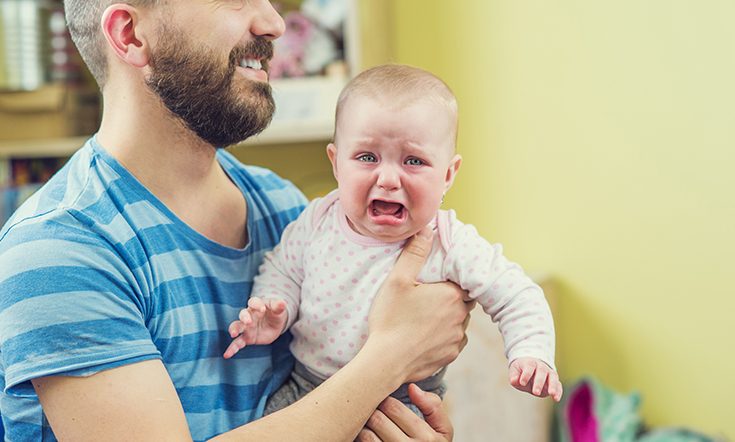

I will never forget the day my daughter was born.
I was with a patient when my phone rang. It was my wife.
“Darling, I think I’m having contractions.”
“Oh really? Things are starting? How far apart are they?”
“Hang on I’m having another one now”
A moment passes.
“How far apart have they been?”
“They’re about every 5 minutes now…”
Needless to say, I finished my shift very quickly, my father had driven my wife to the hospital and everything was going wonderfully. Until the midwife gave us the report that my daughter was still in a breech position and the obstetrician recommended birth by caesarean section. That was a fun conversation, “I can birth your baby in this breech position, but she has one leg up and one leg down, and there is a risk that we might lose your wife and child in the process. I recommend that we have a caesarean section as I feel it would be a safer procedure at this point in time.”
I barely even gave this any thought, and not 2 hours later my daughter was born by caesarean section.
The thing is though, she was born with one hip completely dislocated. To the extent that the obstetrician had to peel her leg away from her body so it could go back in place again. Thankfully, at a review ultrasound the next day, the hip had completely stabilised and no further action was required.
However, this did not make it an easier period of time. My wife is of an Asian descent, and started the process known as confinement, made more complicated by the delivery by a C-section. In order to help her recover I chose to perform night feeding duty – my wife would dutifully express regularly throughout the day to ensure there was enough milk provided for my daughter to feed overnight. I did enjoy this time; I found it created a great bonding opportunity for me and my daughter. But at the same time, it was exhausting.
When mum’s have a baby, maternity leave can stretch for months. While we are getting better at recognising the role of the father at time of birth, I had to roughly guess when the due date was so I could arrange my leave to be at that time. By the time my two allocated weeks of paternal leave were finished, and I had used a further 2 weeks of personal leave, I was back at work. My wife was still recovering from her surgery, my daughter was four weeks old, but I had to provide.
Fast forward four years and I find myself now with 2 children; my daughter four years old, and a son who is 18 months old. We are on day one of a holiday in Taiwan, and as we are going down an escalator at a train station in Taipei my son falls out of my arms.
Even now, 4 years after this event I find myself tearing up at the memory of what happened.
He fell out of my arms. My arms where he is meant to be safe. He hit his head on the corner of the escalator steps and required 26 stitches across his forehead.
Not everyone has an easy time when it comes to raising their children. We always want to provide the best for them; the best environments. One way that we can ensure this happy environment is to regularly monitor the mental health of the parents.
The thing is, the father can often be easily overlooked. So often we see mums bringing their children to appointments, or mums taking their kids to their after school activities, or mum staying at home while dad goes back to work, that we forget dad is a part of this family too. Fathers can also experience post-natal depression. Or pre-natal depression. Or anxiety. And one of the most concerning aspects is that society has made it look like weakness when a man asks for help. At least we are getting better at this.
It is OK to not be OK. There are people out there who have experienced the same sort of things that you may be feeling. There are people out there who are willing to help you but you just need to let them.
If you are a dad who’s been going through this, I urge to you reach out and talk to someone. If you are concerned please see list of service providers here to help.























